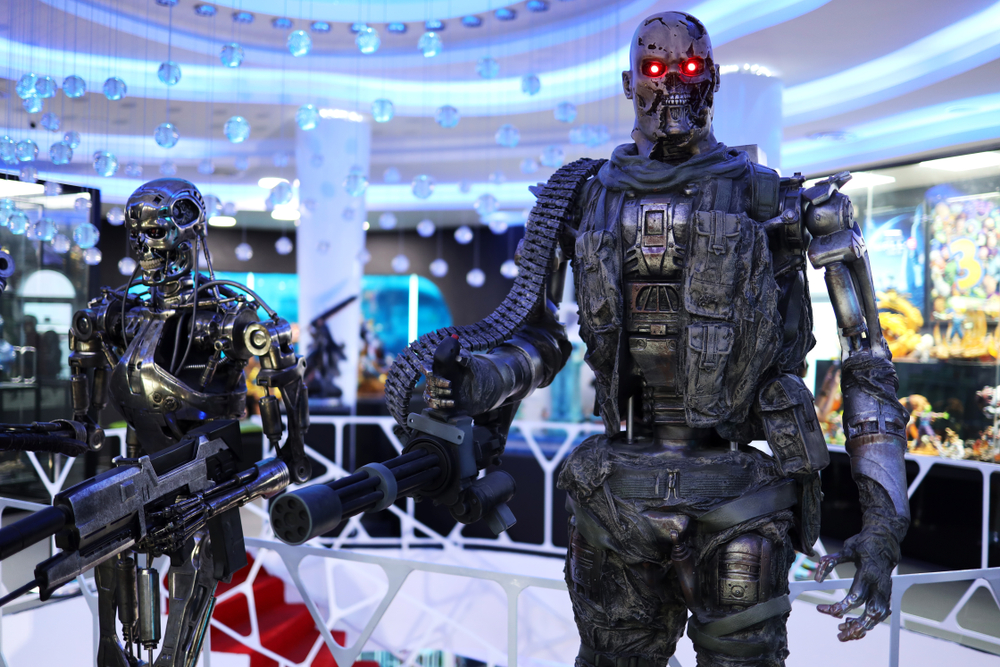
Released in 1966, a French move named “Cartes Sur Table” (or “Attack of the Killer Robots”) was a sci-fi comedy that turns out to be somewhat prophetic nearly a half century later. At CES, we finally saw flying cars but also robot intelligence that just might take your job. Of course, I'm talking AI – Artificial Intelligence – a CES trend we talked about in last week's webinar.
There is no AI exhibit or a room or hall devoted to this exponentially exploding technology. It just IS – baked into numerous innovations and inventions. AI performs different functions for different companies, brands, and consumers. It is predictive. In cars, it is child's play for the software to predict where we're headed, the route we'll take, and our purchasing habits. After all, most of us motor to a set list of destinations – home, work, mom's, Starbucks, the airport, etc.
But in recent years, AI's knowledge base and ability to clone, copy, and create has grown. And in recent days, we're seeing an explosion of news stories marveling over and railing against ChatGPT, a remarkable piece of software that writes pretty damn good copy, promos, email blasts, and other tasks many of us undertake on a daily basis. Having a tool like this to at least create a first draft promises to save many in our business much time, people hours, and expense.
And jobs.
There have been a few moments in the past three decades where a platform, or gadget quickly establishes itself as the “next big thing.” The rise of TikTok and its impact on legacy social media platforms is a great example.
There's always been much hyperbole in the tech world. Personally, I try to avoid that kind of talk, preferring to do my research, talk to experts, read everything I can on the new technology, and try it for myself. There was a a lot of buzz for Clubhouse a couple years back, and much of it turned out to be blather.
So, what do we know about this technology, and specifically ChatGPT?
It's been developed over the past few years by an American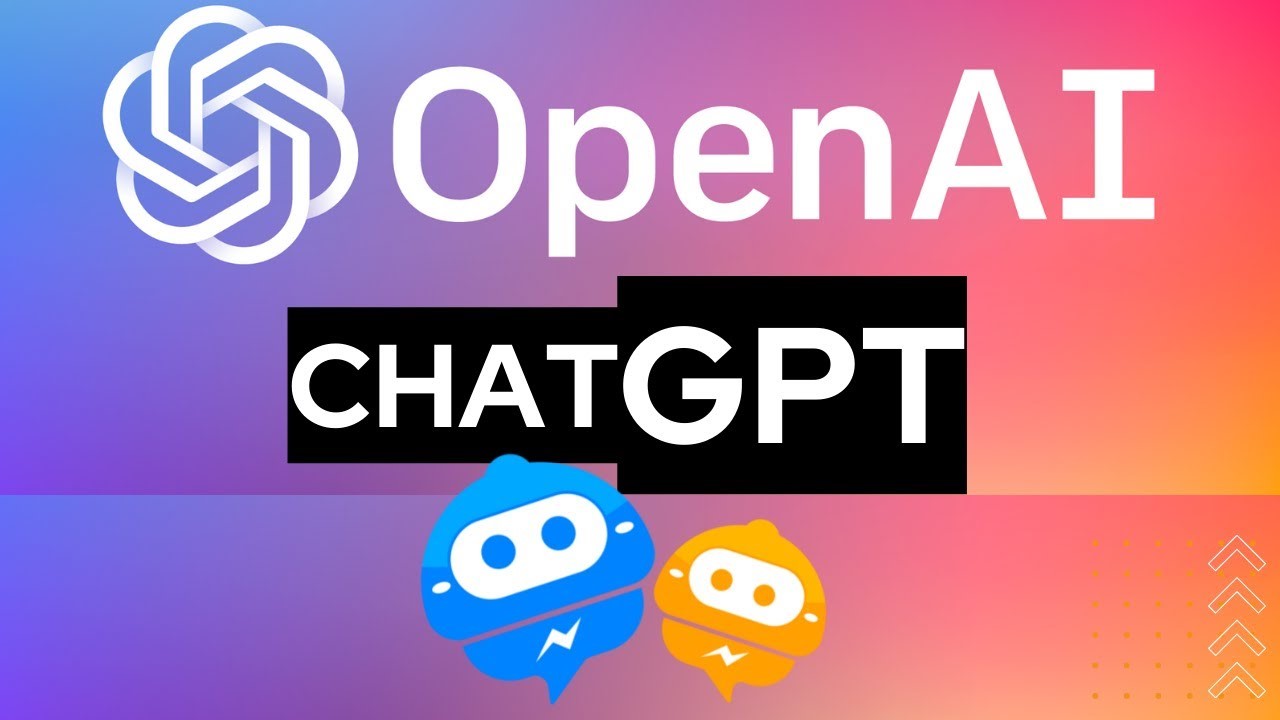 company called OpenAI. It has backing from some heavyweight tech investors, including a $1 billion check from Microsoft in 2019.
company called OpenAI. It has backing from some heavyweight tech investors, including a $1 billion check from Microsoft in 2019.
So why NOW? Back in December, OpenAI released a free preview version of ChatGPT that started this current round of hype.
At CES, we saw lots of evidence AI is showing up in interesting, diverse applications. There was Conversa, an interesting piece of software on display. On the screen was the ubiquitous William Shatner of “Star Trek” fame
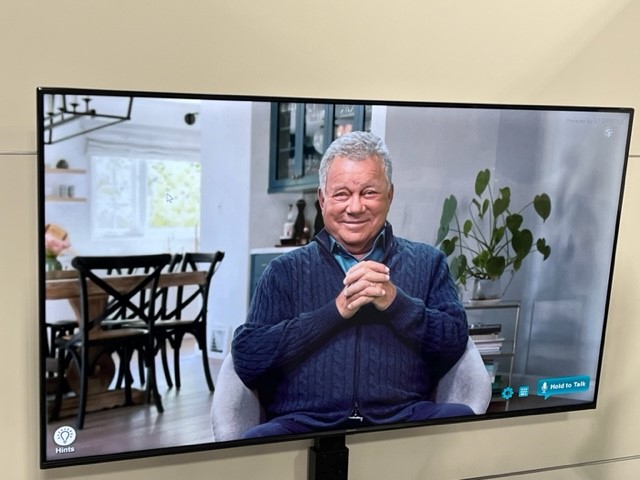 Shatner was comfortably sitting in a living room waiting to answer questions – about him, his career, his recent mission to space, and other questions for which the actor had prerecorded responses.
Shatner was comfortably sitting in a living room waiting to answer questions – about him, his career, his recent mission to space, and other questions for which the actor had prerecorded responses.
In and around the Las Vegas Convention Center was saw compelling displays of software asking us to “Clone Yourself” or “Meet Your Virtual Twin.” Holograms were in the house, too, more evidence that virtual celebrity is upon us.
Seth Resler, our Digital Dot Connector, lived up to his job title earlier this month with a blog post aptly titled “Examples of How Radio Stations Can Use ChatGPT's Artificial Intelligence.” In the post, Seth put the software through its paces – and it did quite well.
When you read ChatGPT's output, you'll gravitate to the mistakes, perhaps hoping “it's really not that good.” But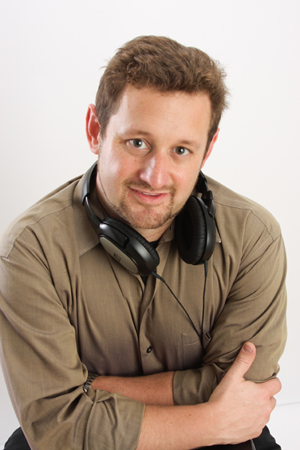 if you step back, you realize the technology right here today is a bad as it will ever be. Whether it's global positioning, voice recognition, or other software, it always improves over time. Applications similar to and inspired by ChatGPT will only get “smarter” as they are used in real world applications.
if you step back, you realize the technology right here today is a bad as it will ever be. Whether it's global positioning, voice recognition, or other software, it always improves over time. Applications similar to and inspired by ChatGPT will only get “smarter” as they are used in real world applications.
And it will be Correction: It already is.
After having ChatGPT write copy for broadcasters and podcasters, he offered up this conclusion:
In conclusion, radio stations that are looking to stay competitive in an increasingly digital landscape should consider experimenting with AI content creation tools like ChatGPT. These tools can help radio stations save time and resources by automating certain tasks, such as generating social media posts or creating personalized recommendations for listeners. They can also help radio stations reach and engage with new audiences by allowing them to easily create content in multiple languages or by providing personalized recommendations based on individual listening habits. While AI content creation tools are not a replacement for human creativity and expertise, they can be a valuable addition to a radio station's content strategy, helping to drive tune-in, engagement, and loyalty.
Yes, it was written by ChatGPT.
In just a matter of days, the buzz on ChatGPT has been impossible to ignore. I ran a 30-day Google Trend on the software, comparing it to searches for Ukraine and Prince Harry – two other big news stories during the same time frame:

You won't be surprised to learn that the world of academia is onto this technology. No, not the professors – the students. When a technology can write a six paragraph essay about the impact of the Spanish American War on the U.S. economy, students are going to find it.
And Morning Brew reports that cheating-detection tools are rapidly being developed to detect – or better put, predict – whether something was written by a college sophomore or ChatGPT.
The version garnering the most attention is called GPTZero, developed by a Princeton student, Edward Tian. As of a week ago, the app garnered more than 7 million views.
I spent New Years building GPTZero — an app that can quickly and efficiently detect whether an essay is ChatGPT or human written
— Edward Tian (@edward_the6) January 3, 2023
I'm not expecting software will start writing blog posts for me on days when I'm just not feeling especially creative or I'm under time pressure. But it's not a stretch to imagine how the technology could rough out ideas and put them in a logical context. I'm hearing software like ChatGPT is being used in Hollywood to frame out scripts, storylines, and treatments, much to the chagrin of humans paid to write films, TV series, and documentaries for a living.
And then there's the voice aspect of AI, something we've also seen these last couple years at CES, and similar technologies have made their way into radio where they're being pitched as time-saving, scalable, and effective for simple voice work – tags, promos, and other uses that help save wear and tear on talent. Veritone is one of these companies, and this promo video shows their capabilities:
And coming soon, it's VALL-E, a platform said to recreate – OK, clone – a human voice utilizing just a 3-second clip of the speaker. Yes, once again, this one's coming from Microsoft.
According to Business Insider, the technology has practiced its technique on 60,000 hours of English speech, making it capable of creating words it has never heard someone utter before.
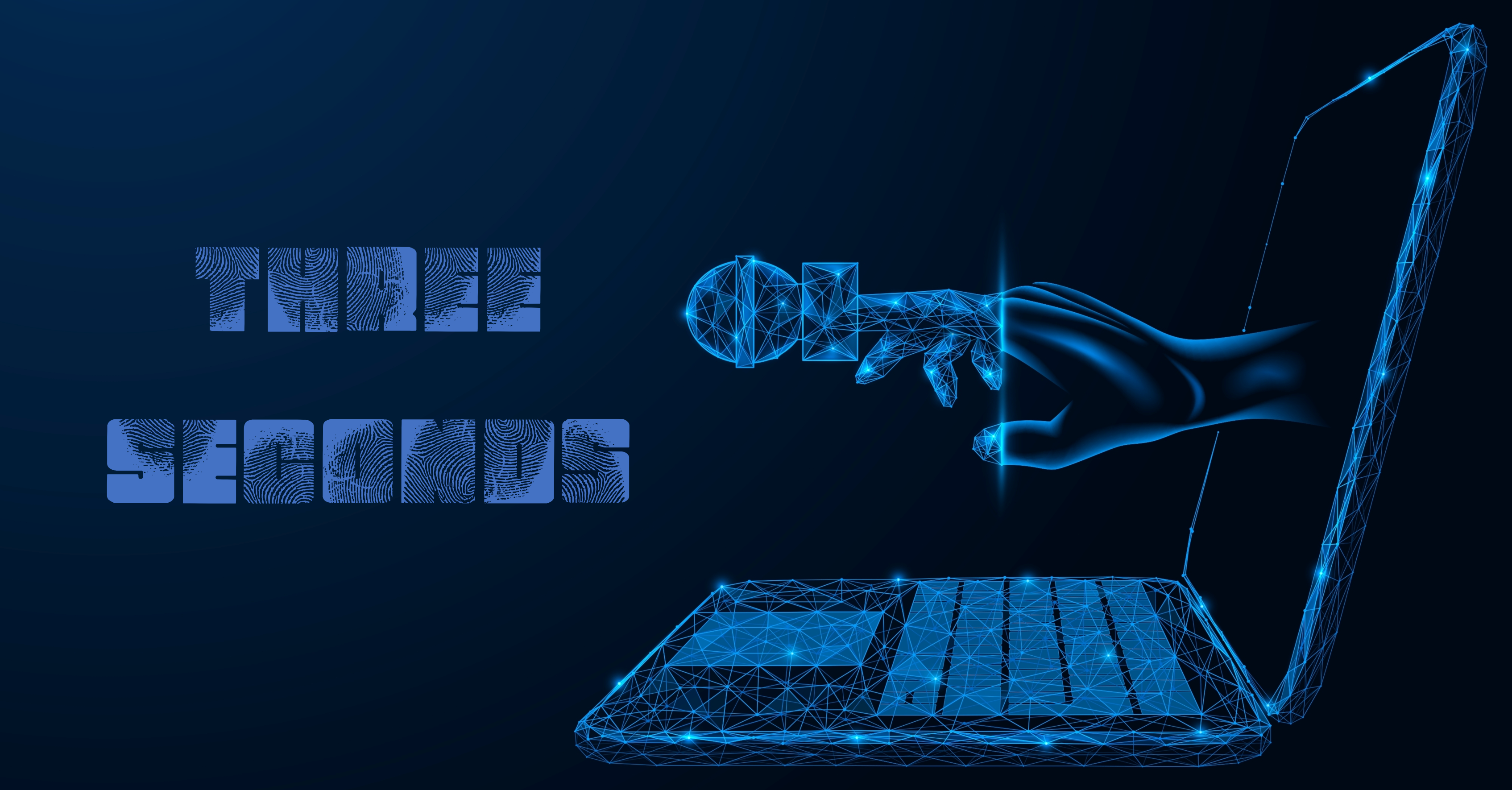
For the wonks among you, I've linked a paper VALL-E's authors wrote to introduce the technology here. How hot is this technology?
It's interesting to see Microsoft on the leading edge this time around. Insider is reporting the company may expand its investment in ChatGPT to $10 billion, incorporating the tool into its own services.
It's one thing when robots replace blue collar workers on an assembly line. It's another when they threaten the jobs of creatives. We're watching that play out in a real world way as fans are using ChatGPT to write movie scripts, radio promos, and yes, songs.
A gang of Internet rebels is doing the latter, using Nick Cave (of Bad Seeds fame) as their sterling example. ChatGPT is being utilized to write lyrics that sound like they're coming from Cave's cranium.
Like this line of song that's eerily reminiscent of Cave's style:
“I've got the fire of hell in my eyes.” 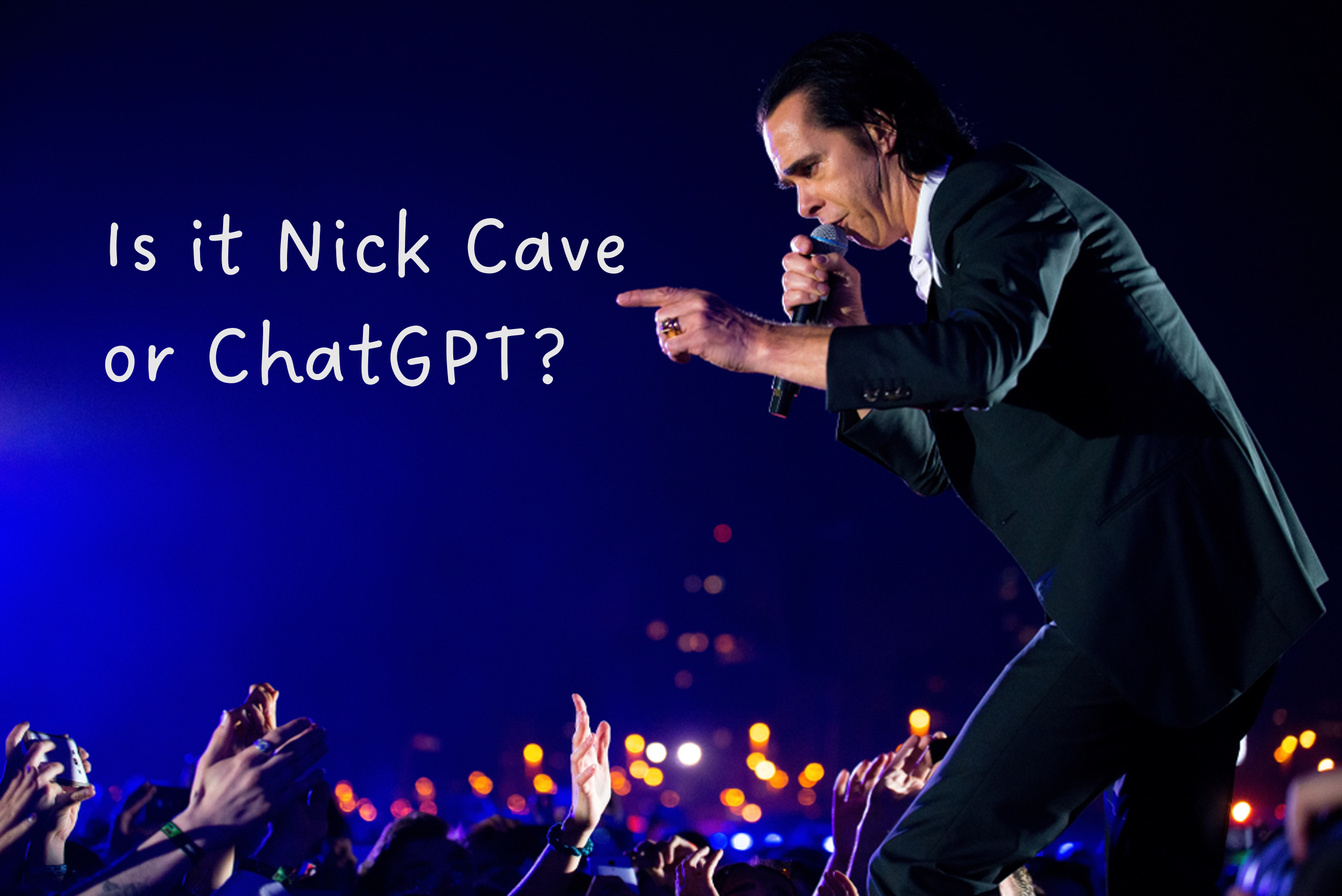
Cave's predictable response:
“This song is bullshit, a grotesque mockery of what it is to be human.”
Get ready for more of this expected vitriol from the creative community. But that's not going to stop this AI tsunami from impacting our world – and most definitely, audio, podcasting, and of course, radio.
The applications are numerous, fascinating, and downright scary.
And you can bet this isn't the last time you read about it.
Or I write about.
Assuming, of course, that it was me who wrote it and not a bot.
- Get Your Free Radio Ads? Take It To the Bank! - April 19, 2024
- You've Got A Face For Radio - April 18, 2024
- What's Your Radio Station's Response To AI? - April 16, 2024





Hello Fred,
You might want to check your French translation. ‘Cartes Sur Table’ translates to: ‘Cards on the Table’. NOT: ‘Attack of the Killer Robots’. That would be: ‘Attaque des Robots Tuers’. Other than that, your blog for today was thought provoking and insightful as always. Best Regards, Scott N.
For someone who thought his name was “fermez la bouche” for the first semester of high school French, it’s easy to think I totally botched this, Scott. But if you Google the English title of the film, that’s the French title that comes up. Pass the gray poupon.
Waiting for AI to tell listeners about its morning drive to work, its fight with its wife and its latest trip to the grocery store!
AI is here. All we have to do is figure out how to make money with it, just as radio had to do when rock ‘n’ roll showed up. When that happened, somehow studio orchestras weren’t necessary any longer.
The voiceover world is terrified…for good reason.
Nice article Fred!
Bill, wondering VO peeps, intellectual property, and all that fun stuff. Good times! (Great to hear from you!)
When AI personalities are on the air I think it will be something that a human has typed at least in the beginning. AI will read it so AI can still tell my story just as I would including the fight with my husband. Make it sound really live by messing up or misspeaking lol. Keyboard commands for inflection. I can see it happening. What do I think about it. I prefer live over recorded or AI in pretty much all art forms.
Some people will embrace the technology as one way to eliminate upspeak, lost vowels, and vocal fry. Does it still sound fake? A bit, but it’s less annoying than way too many humans I’m hearing on radio and TV sound today. Big Corporate will embrace it simply because it’s cheaper, easier to control, and won’t ask for promotion dollars to be spent on its behalf.
Or talent fees. Thanks, Brian.
After reading Seth Resler’s article last week I’ve been exploring ChatGPT and I am completely astonished.
It’s fun, easy and very useful, even in Spanish.
In fact, we made our first promos for a radio station in Chile based in the texts ChatGPT gave us.
Today, I’m planning to write an article about ChatGPT to be made by itself. Let’s see how it goes…
Thanks, Tito, and please keep us updated.
My son (a country singer and songwriter) told me that he thought creatives like him were among the safest from future algorithms. I disagreed and told him that a bot (before it was known as AI) could write, say, 70% of a song, book, or film and then it could be edited and finalized by a person. He laughed and told me my brain was showing signs of decline. He may have been right about my brain, but I think I was right about AI.
I took the story lines from a few of his songs and asked ChatGPT to write songs around those themes. The weren’t as good as his songs, but they weren’t horrible either and they were better than a lot of songs that have become hits. Imagine if you took his body of work, uploaded it to something like ChatGPT and then asked it to compose something that reflects his style, voice and perspective – say five years further into its development.
AI can certainly write copy, promos, liners, bumpers, etc. and can probably voice them eventually. What’s scarier is that malicious code can be written into it that could create a real life, irreversible Matrix-like world. People talked about what social media’s negative potential was when it could have been controlled – x number of teenage suicides later, its too late. We should learn a lesson from that and put limits on AI while we still can.
And I would add the quality of ChatGPT is as bad as it’s ever going to be – meaning, it will just get “smarter” over time. My son works on a screenwriting teams in Hollywood, and we had a similarly unhappy conversation. Plumbers may be the safest profession (although YouTube videos easily teach you how to snake that toilet).
“Is it live, or is it memorex?”…on steroids…times a billion.
True story: I was going to use that line, but I decided it would date me (and I do enough of that as it is). LOL.